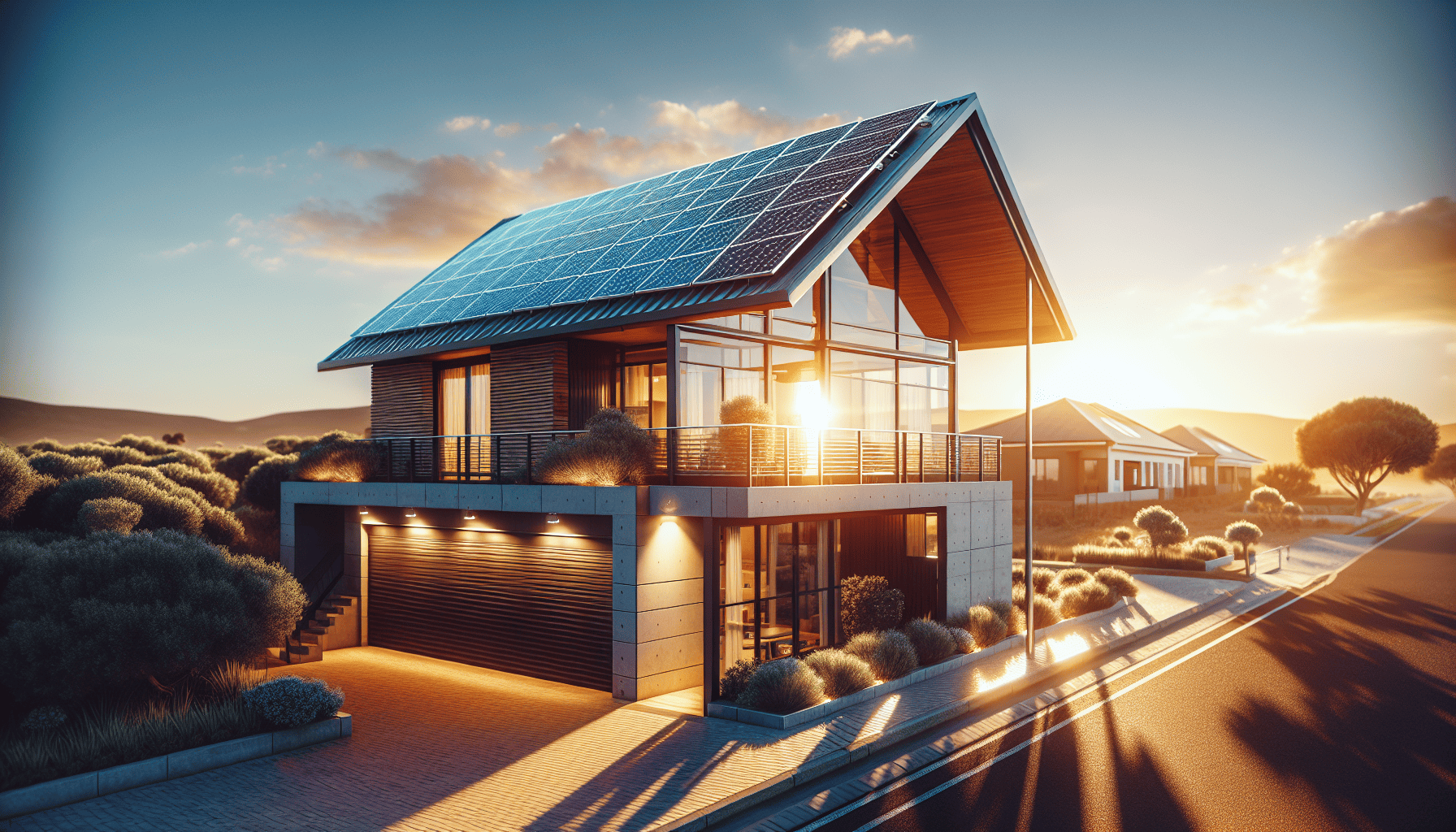The growing emphasis on renewable energy sources has led to a dramatic increase in the integration of solar power systems in homes around the world. This movement is driven by the dual goals of reducing energy costs and promoting sustainability. As technology advances, solar power has become more accessible and efficient, making it an attractive choice for homeowners looking to make a positive environmental impact while also saving money.
One of the significant benefits of solar power integration is the potential for substantial energy cost savings. Solar panels convert sunlight into electricity, which can significantly reduce reliance on the grid and lower monthly utility bills. In many cases, households can generate enough energy to meet their needs entirely, potentially reaching a point where they are selling excess power back to the grid through net metering. This not only benefits the homeowner financially but also contributes to a more resilient and balanced energy infrastructure.
The environmental benefits of solar power are equally compelling. By harnessing the sun’s energy, homes can significantly reduce their carbon footprint. Traditional power sources, such as coal and natural gas, emit a substantial amount of greenhouse gases, contributing to climate change. Solar power, on the other hand, is a clean energy source that produces no emissions during operation. This makes it an essential component of strategies to combat global warming and mitigate its impacts.
For homeowners considering solar power integration, the process is becoming increasingly straightforward. Technological advancements have led to more efficient panels that require less space and can be installed on various types of roofs. Additionally, the cost of solar technology has decreased dramatically over the past decade, making it more affordable for a broader range of consumers. Incentives and rebates from governments and local authorities further enhance the financial appeal of going solar, helping to offset initial investment costs.
Further enhancing the appeal of solar power is the ability to pair it with energy storage solutions, such as batteries. These systems allow homeowners to store excess energy generated during the day for use at night or during periods of low sunlight. This capability not only maximizes the efficiency and value of solar power systems but also provides a measure of energy independence and security during power outages.
The integration of smart technology plays a crucial role in optimizing the performance of solar power systems. Smart inverters, monitoring systems, and energy management software allow homeowners to track energy production and consumption in real-time. This data helps users make informed decisions about their energy use and identify potential issues with their systems, ensuring they operate at peak efficiency.
In conclusion, the seamless integration of solar power systems offers a promising pathway towards more sustainable and cost-effective energy solutions for homes. As technology continues to evolve, the accessibility and efficiency of solar power will only increase, paving the way for a future where renewable energy plays a leading role in our day-to-day lives. By investing in solar power, homeowners not only contribute to a healthier planet but also enjoy the financial benefits of reduced energy costs, making it a win-win proposition for both people and the environment.
